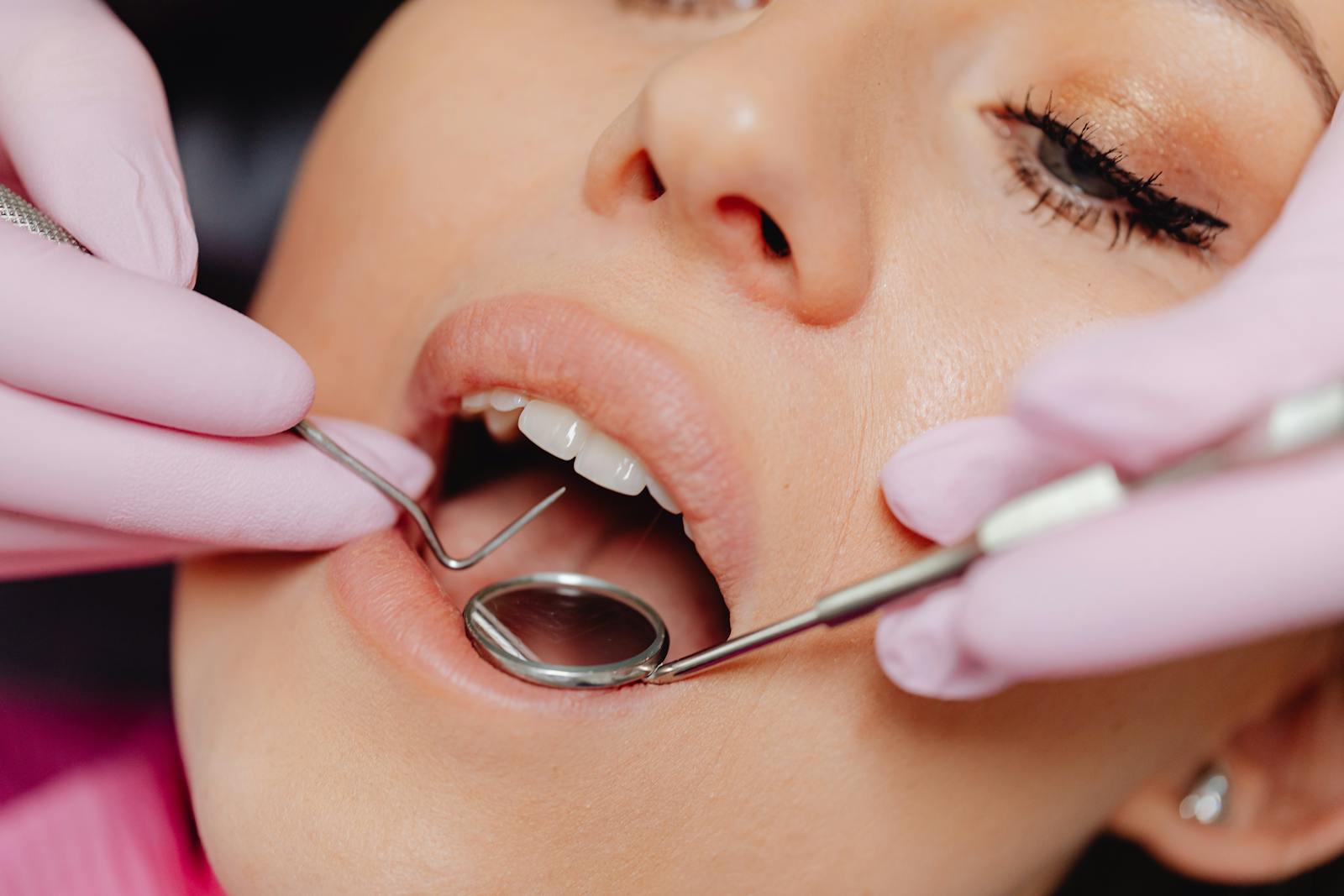In an era marked by increasing concerns about crime rates and safety, the role of armed security personnel cannot be underestimated. Whether it’s safeguarding public spaces or ensuring the well-being of patients in healthcare facilities, armed security plays a vital role in reducing crime rates and improving patient safety. Here we discuss the reasons why armed security is essential in tackling these challenges and emphasizes their positive impact on society.
- Deterrence and Prevention:
Armed security personnel act as a powerful deterrent against criminal activities. Latest guns and 20 gauge ammo are so necessary to prevent crime in hospital. The presence of armed guards in public areas, such as shopping centers, parks, or transportation hubs, sends a clear message that illegal behavior will not be tolerated. Potential criminals are less likely to engage in unlawful acts when they know they face immediate and formidable opposition. The mere visibility of armed security personnel encourages individuals to think twice before committing a crime, significantly reducing the overall crime rate in these areas.
- Swift and Effective Response:
In the unfortunate event of a crime occurring, armed security personnel are trained to respond quickly and effectively. Their specialized training equips them with the necessary skills to handle critical situations, such as armed robberies or violent incidents, with competence and professionalism. The ability to neutralize threats promptly minimizes the potential harm to innocent bystanders and helps law enforcement agencies in apprehending perpetrators.
- Protecting Vulnerable Populations:
Healthcare facilities, including hospitals and clinics, often face unique security challenges due to their open and accessible nature. Armed security personnel play a crucial role in ensuring the safety of patients, staff, and visitors. Their presence helps maintain order, prevent unauthorized access to restricted areas, and defuse potential conflicts. By providing a safe environment, armed security personnel contribute to better patient experiences, reduce stress levels, and facilitate the efficient delivery of healthcare services.
- Emergency Preparedness:
Armed security personnel undergo extensive training, including emergency response protocols, crisis management, and first aid. Their expertise allows them to effectively respond to emergencies, whether it’s a natural disaster, medical emergency, or an act of violence. These professionals are often the first line of defense in such situations, mitigating risks and providing critical support until additional help arrives. Their preparedness and ability to handle emergencies contribute to better overall safety and security.
- Collaborative Efforts with Law Enforcement:
Armed security personnel frequently work in collaboration with local law enforcement agencies. Their close cooperation helps establish a strong network to combat crime effectively. By sharing information, intelligence, and coordinating efforts, armed security personnel and law enforcement agencies create a united front against criminal activities. This collaborative approach enhances overall security measures, improves response times, and maximizes the effectiveness of crime prevention strategies.
Conclusion:
Armed security personnel are indispensable in today’s society, as they play a crucial role in reducing crime rates and improving patient safety. Their presence deters potential criminals, allows for swift and effective responses, protects vulnerable populations in healthcare facilities, ensures emergency preparedness, and fosters collaboration with law enforcement agencies. By investing in armed security, we can create safer environments, instill public confidence, and pave the way for a more secure and prosperous future for all.









